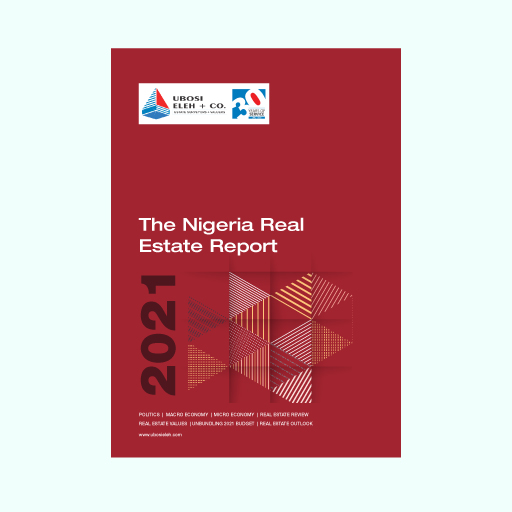One window into how 2020 began as the Nigerian Stock Exchange. January 2020 had seen an increased interest in Nigeria’s listed stocks. The volume of stocks traded had increased by 24 percent in the first month of 2020.
Nigeria’s stock market sustained negative trading sentiments amid a fragile macro-economic environment, as crude prices continued to slide, coupled with a continuous threat posed by the fast-spreading coronavirus across the world.
After the international flight ban, still in March 2020, Nigeria implemented a sweeping quarantine for three major states (Lagos, Abuja, Ogun) that are home to almost 30 million people, in a bid to slow the spread of the new coronavirus in Africa’s most populous country.
The real estate markets in Nigeria limped through to the finish line of 2020 with bruises sustained from economic fallouts due to Covid-19. However, the property industry appears to hold potential for the New Year.
Opportunities created amid the pandemic have raised optimism that 2021 will be a good year for the real estate sector. The collapse of money market instruments as an investment option has more or less assured this.
The residential, construction, and industrial segments of the market are expected to drive the sector’s growth and deliver good returns for developers, investors and Landlords. This growth rides on the new normal, a corollary of the Covid-19 pandemic.

